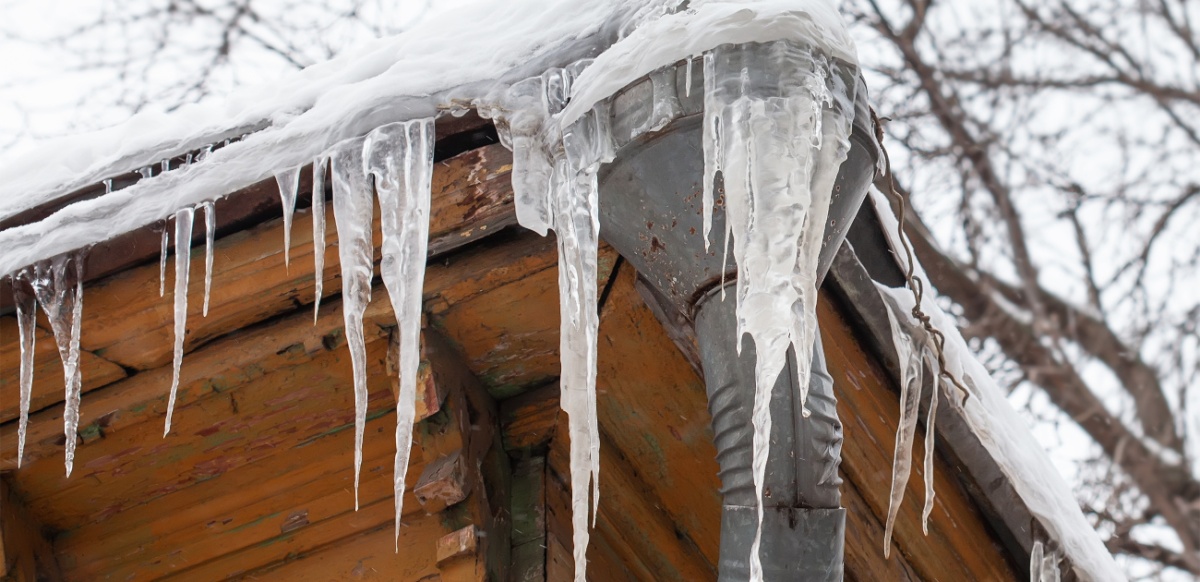Ways to Defend Your Pipes from Cold Weather: Expert Advice
Ways to Defend Your Pipes from Cold Weather: Expert Advice
Blog Article
On this page in the next paragraphs yow will discover some very good material relating to Prevent Frozen Pipes .

Cold weather can wreak havoc on your pipes, specifically by freezing pipes. Below's exactly how to stop it from occurring and what to do if it does.
Intro
As temperatures decrease, the threat of frozen pipes rises, potentially causing pricey repairs and water damage. Recognizing just how to prevent frozen pipes is critical for homeowners in cold climates.
Avoidance Tips
Shielding vulnerable pipes
Cover pipes in insulation sleeves or utilize warm tape to protect them from freezing temperatures. Concentrate on pipes in unheated or external areas of the home.
Home heating strategies
Maintain interior spaces effectively heated, specifically areas with pipes. Open up cabinet doors to permit warm air to distribute around pipelines under sinks.
Exactly how to recognize frozen pipes
Seek decreased water circulation from taps, unusual odors or sounds from pipelines, and visible frost on subjected pipelines.
Long-Term Solutions
Structural modifications
Take into consideration rerouting pipes far from outside wall surfaces or unheated locations. Add additional insulation to attic rooms, basements, and crawl spaces.
Upgrading insulation
Buy high-grade insulation for pipelines, attics, and wall surfaces. Appropriate insulation helps keep constant temperature levels and minimizes the danger of icy pipes.
Safeguarding Exterior Plumbing
Garden pipes and exterior faucets
Detach and drain pipes yard hoses before wintertime. Mount frost-proof faucets or cover outdoor faucets with insulated caps.
Comprehending Icy Pipelines
What creates pipelines to ice up?
Pipelines ice up when revealed to temperature levels listed below 32 ° F (0 ° C) for expanded durations. As water inside the pipelines ices up, it broadens, putting pressure on the pipe walls and potentially causing them to break.
Threats and damages
Frozen pipelines can lead to water system disruptions, home damages, and pricey repairs. Burst pipelines can flood homes and create extensive structural damage.
Indications of Frozen Pipeline
Determining frozen pipes early can prevent them from bursting.
What to Do If Your Pipes Freeze
Immediate activities to take
If you believe icy pipes, keep faucets available to eliminate stress as the ice melts. Utilize a hairdryer or towels soaked in warm water to thaw pipes gradually.
Final thought
Avoiding icy pipes calls for proactive actions and quick feedbacks. By comprehending the reasons, indications, and safety nets, property owners can secure their pipes during cold weather.
6 Proven Ways to Prevent Frozen Pipes and Protect Your Home
Disconnect and Drain Garden Hoses
Before winter arrives, start by disconnecting your garden hoses and draining any remaining water. Close the shut-off valves that supply outdoor hose bibs and leave the outdoor faucet open to allow any residual water to drain. For extra protection, consider using faucet covers throughout the colder months. It’s also important to drain water from any sprinkler supply lines following the manufacturer’s directions.
Insulate Exposed Pipes
Insulating your pipes is an effective way to prevent freezing. Pipe insulation is readily available at home improvement stores and is relatively inexpensive. Pay close attention to pipes in unheated areas such as the attic, basement, crawl spaces, or garage. Apply foam insulation generously to create a buffer against the cold. You can also wrap your pipes in heat tape or thermostat-controlled heat cables for added warmth.
Seal Air Leaks
Inspect your home for any cracks or openings that could let in cold air. Seal any holes around the piping in interior or exterior walls, as well as the sill plates where your home rests on its foundation. Additionally, make sure to keep your garage door closed unless you’re entering or exiting. Leaving it open creates a significant air leak that can lead to frozen pipes.
Allow Warm Air Circulation
During cold snaps, it’s essential to allow warm air to circulate evenly throughout your home. Leave interior doors ajar to promote better airflow. Open kitchen and bathroom cabinets to help distribute heat consistently around the rooms. If you have small children or pets, be sure to remove any household chemicals or potentially harmful cleaners from open cabinets for safety.
Let Faucets Drip
A small trickle of water can make a big difference in preventing ice formation inside your pipes. When temperatures drop significantly, start a drip of water from all faucets served by exposed pipes. This continuous flow helps prevent the water from freezing. Additionally, running a few faucets slightly can relieve pressure inside the pipes, reducing the chances of a rupture if the water inside does freeze.
https://choateshvac.com/6-proven-ways-to-prevent-frozen-pipes-and-protect-your-home/

I'm certainly very focused on Helpful Tips to Prevent Frozen Pipes this Winter and I'm hoping you enjoyed reading the new blog post. Are you aware of somebody who is excited by Prevent Frozen Pipes ? Take a moment to share it. Thanks a lot for your time. Come back soon.
About Report this page